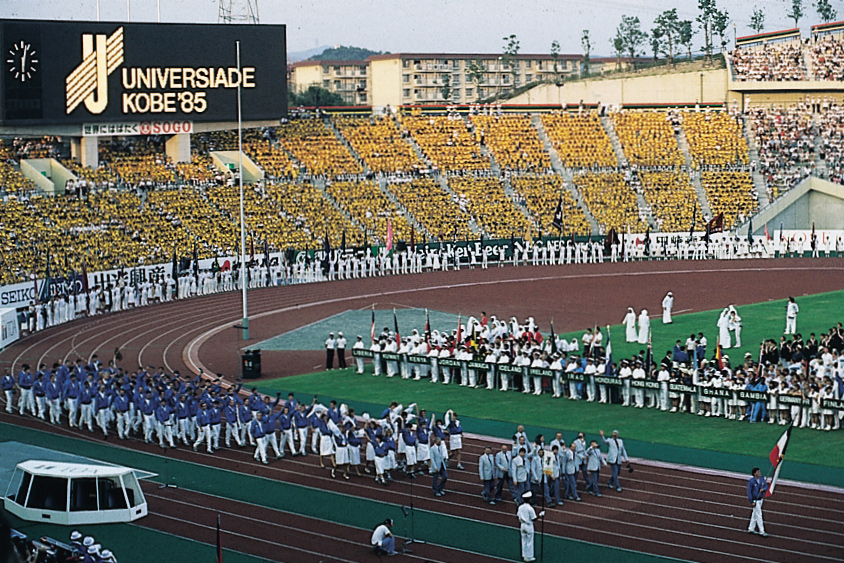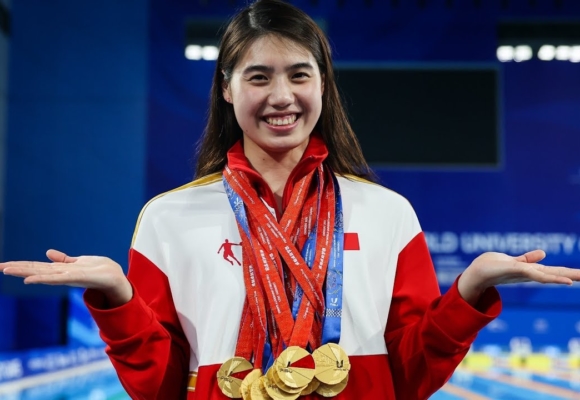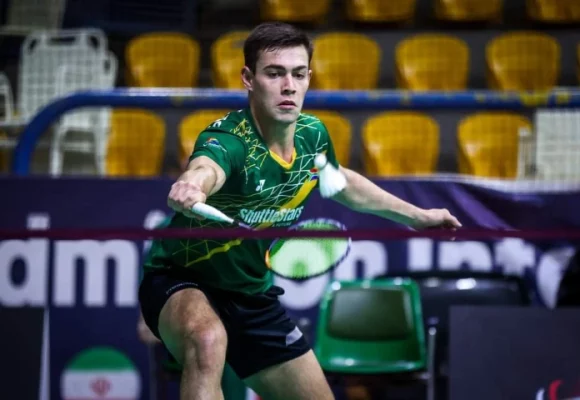Take a trip back through 60 years of Universiade history. The 24th stop on FISU’s Universiade history tour takes us to the cosmopolitan port city for Japan’s second time hosting the Summer Universiade.

Kobe took the baton from Edmonton as host of the Summer Universiade in 1985 to stage a World University Games that helped shape the model for international sporting events as we know it.
After the political current forced some major nations into boycotting the 1980 and 1984 Summer Olympics, the sports world reunited for the 13th edition of the Universiade with a record 106 countries turning up in the western Japanese port city.
 The Japanese imperial family strongly supported the Universiade, with then Crown Prince and honorary patron Akihito declaring the Games open before a full house at the Kobe Universiade Memorial Stadium, one of the numerous construction projects built in and around the city for the Games – with an eye to bringing the Olympic Games to Kobe in the future.
The Japanese imperial family strongly supported the Universiade, with then Crown Prince and honorary patron Akihito declaring the Games open before a full house at the Kobe Universiade Memorial Stadium, one of the numerous construction projects built in and around the city for the Games – with an eye to bringing the Olympic Games to Kobe in the future.
Close to 2,800 athletes participated at the Kobe Universiade – of which 291 were from the host nation, then a Japanese record – and the quality of the competition did not disappoint the spectators who showed up in droves for the first Universiade to be held in Japan since Tokyo 1967.
The level of the swimming events was particularly high as the likes of Matt Biondi (United States), Michael Gross (West Germany) and Jon Sieben (Australia) turned up the heat. Eight-time Olympic champion Biondi set a world record in the men’s 100-meter freestyle, one of 20 Universiade records rewritten in the pool at these Games.

The Soviet Union once again topped the medal standings ahead of the United States with Japan placing sixth on the table after collecting six gold medals, two of them coming from the men and women’s volleyball teams. The Soviets, featuring hoops legend Arvydas Sabonis, edged the Americans in a tense men’s basketball final for one of their 42 golds.
Football joined the Universiade programme in Kobe, with the Democratic Republic of North Korea surprisingly holding off Uruguay for the inaugural title. Judo, meanwhile, was an optional discipline in Kobe and the Japanese martial art made its case as an essential university sport.
The greatest legacy from this Universiade may have been the extensive cultural programmes that were organised. Involving 70 countries, the programmes were so well-received that they would eventually become a staple at virtually all future major sporting events.




